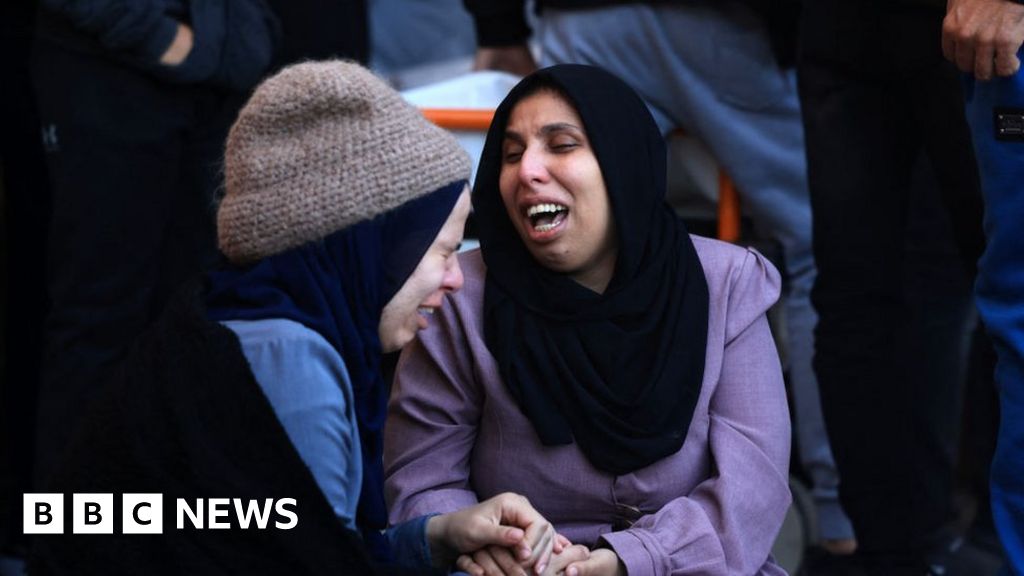
Israeli Defense Minister Yoav Gallant has outlined a plan for the future governance of Gaza once the war between Israel and Hamas is over. The proposal, shared on Thursday at a stormy meeting of the Israeli security cabinet, calls for Israel to maintain military control of Gaza's borders while a 'multinational task force' oversees reconstruction and economic development in the territory. This plan has been met with divisions within Israel's war cabinet as US Secretary of State Antony Blinken returned to the Middle East on Friday in an effort to ease escalating tensions.
The Saudi Arabian, Jordanian, Qatari, United Arab Emirates and Turkish leaders have agreed to work together and coordinate efforts to help Gaza stabilize and recover. This comes as Blinken has found widespread interest in normalizing relations with Israel among Arab nations he has visited during this fourth journey to the region since October, provided some conditions are met.
The Israeli offensive started after Hamas gunmen launched a surprise attack on southern Israel on October 7th, resulting in over 1,200 deaths and taking about 240 people hostage. The total number of people killed since the start of Israel's retaliatory campaign had reached more than 22,400 by Thursday - comprising almost 1% of the enclave's population.
Hamas would no longer control Gaza and Israel Defense Forces (IDF) aims to proceed in the next phase of war in Gaza by taking a more targeted approach in north and south, including raids, demolishing tunnels and air/ground strikes. Residents in central Gaza have told BBC News Channel that 'nowhere is safe'.
The Israeli military's plan for the next phase of the war includes Palestinians not being allowed to return to their homes in northern Gaza until all remaining hostages are freed.
Blinken has been on a tour of the Middle East, visiting six countries before heading to Israel. He discussed Israel normalization in tented Saudi talks and said there was 'clear interest' in pursuing relations with Israel after talks in Saudi Arabia on Monday. Blinken also said all the leaders on his tour had agreed to work with the US to help Gaza's recovery and long-term stability.
Hassan Nasrallah, head of Hezbollah, has ruled out any negotiations to stop fighting until the war in Gaza ended. The relentless Israeli airstrikes have devastated Gaza and Hamas gunmen killed over 1,200 people in the attacks and took about 240 people hostage.








